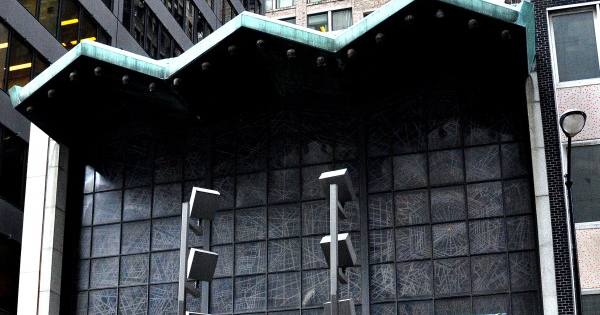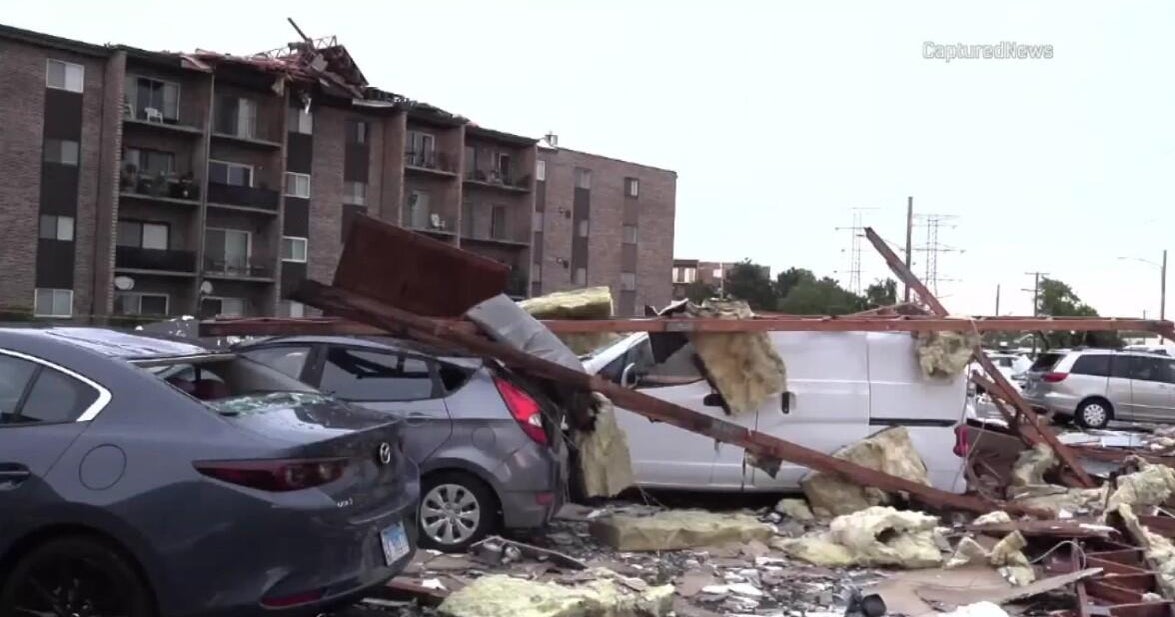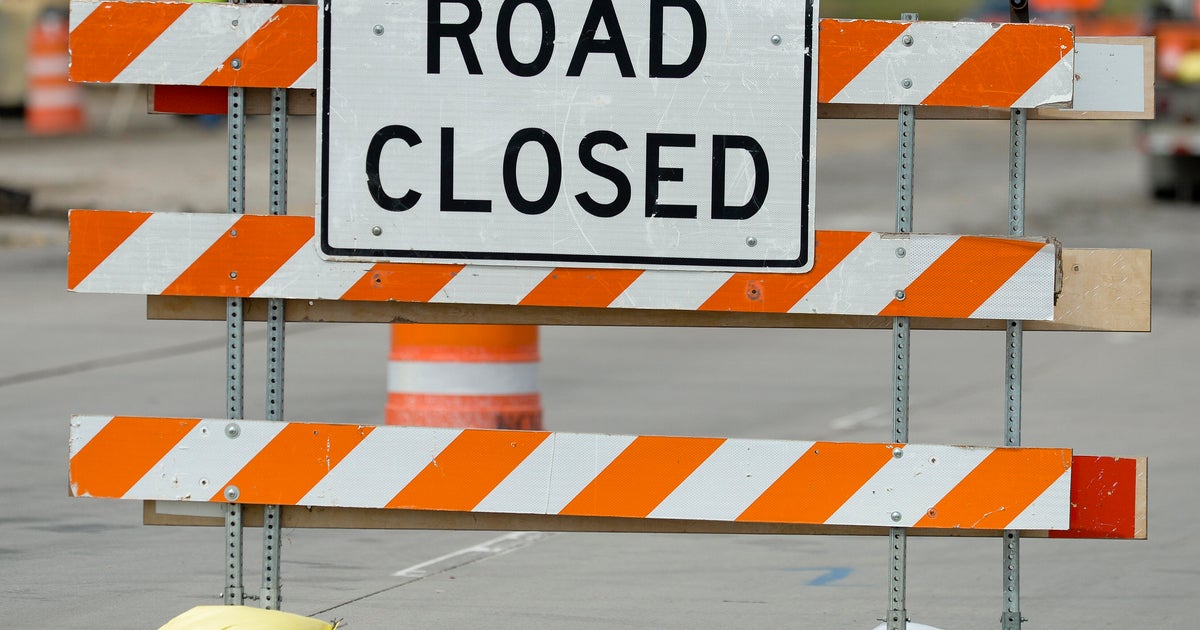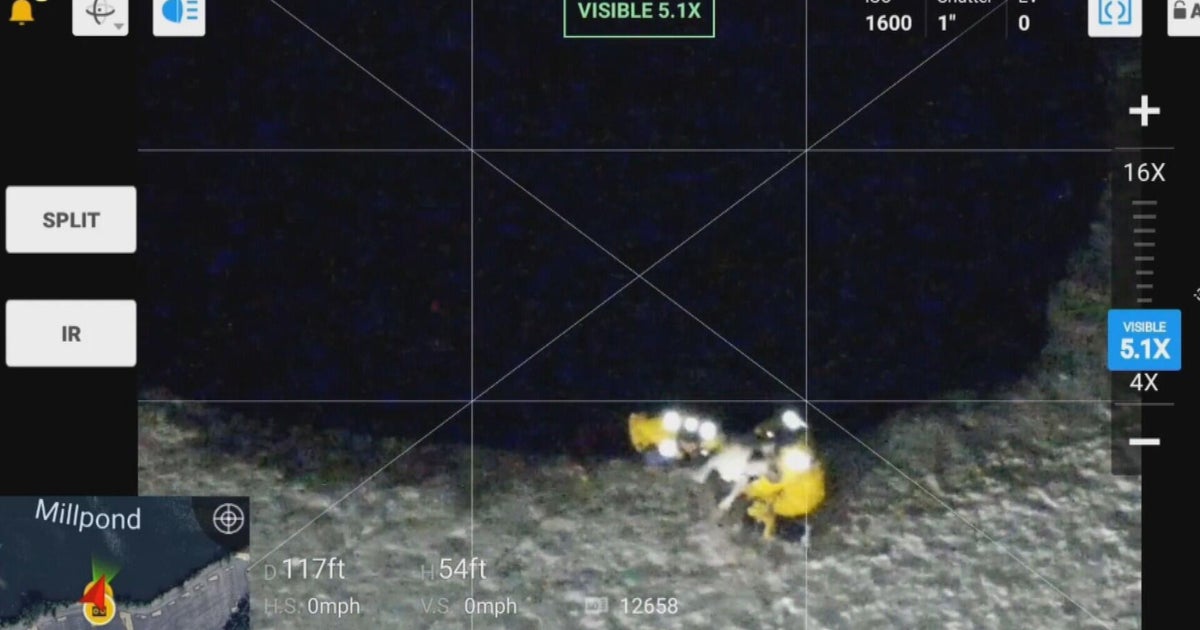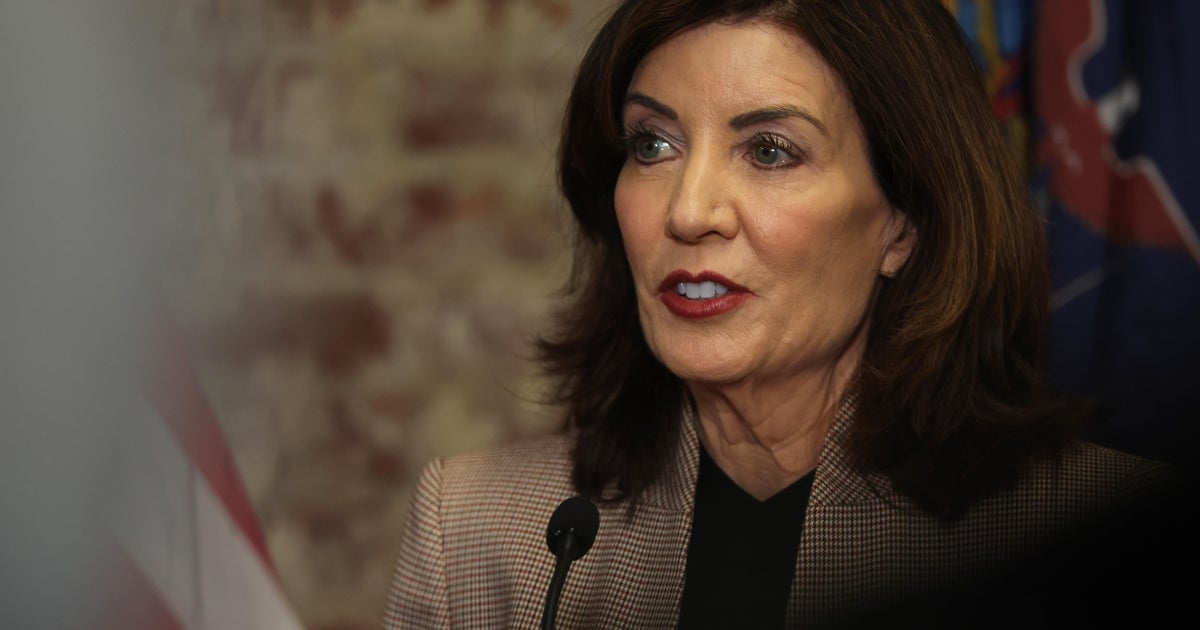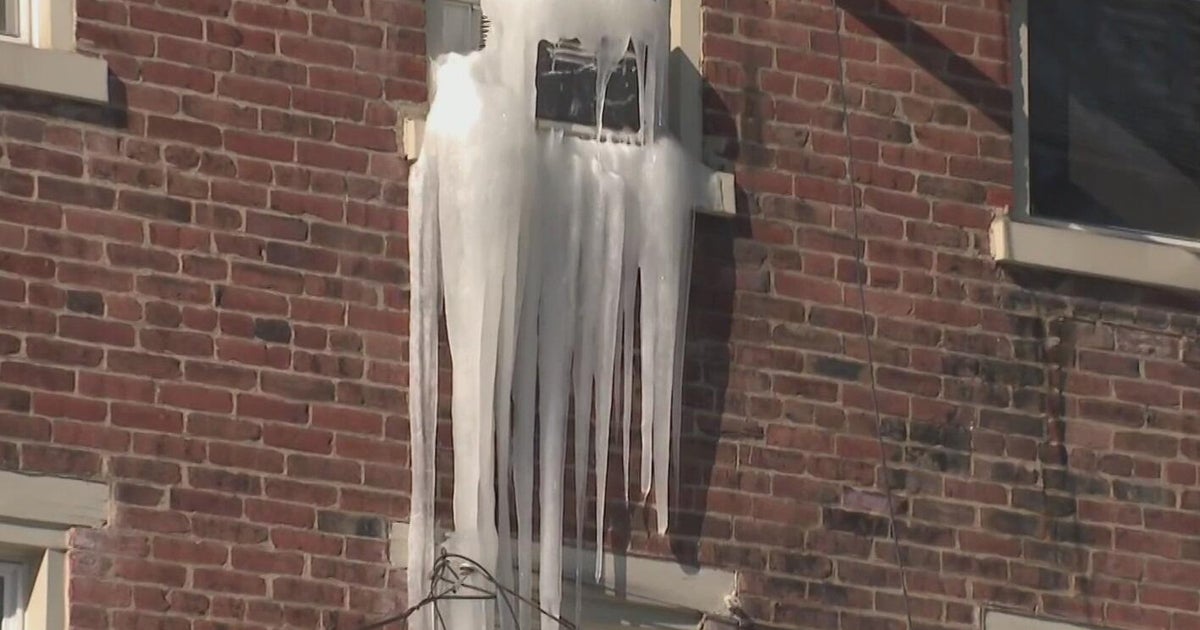Study: Most Americans Do Not Have $1,000 Cash On Hand For Emergencies
PITTSBURGH (KDKA) - Most Americans do not have the cash on hand to cover an emergency expense of $1,000, a new study reports.
Americans are just not saving as much as they need.
Suppose your car needs emergency repairs, or a family member is rushed to the emergency room for care not covered by insurance, or your furnace blows during this frigid winter weather. Could you easily put your hands on at least a thousand bucks?
"Only 44 percent of Americans could cover that out of savings," Greg McBride, chief financial analyst at bankrate.com, told KDKA money editor Jon Delano on Tuesday.
Bankrate.com conducted the study that found a majority of Americans still have not set aside a fund of cash for emergencies, although the numbers are getting better.
"The good news is that that's actually higher than it's been in the eight previous years that we've looked at this. The bad news, of course, is that it still means more than half of American households couldn't cover that thousand dollars out of savings and would need to resort to something else," says McBride.
"I do think there is a large part of the population that feels financially fragile, and when faced with the prospect of a financial emergency, would have to scramble," notes Stanford University professor Martha Deevy, associate director of the Center on Longevity.
Deevy says that scramble leads to not optimal choices.
"Many people have access to other forms of emergency funding, not optimal at all, whether it's tapping into family or friends or other suboptimal ways like payday loans," said Deevy.
WATCH: KDKA's Jon Delano reports
Bankrate's study found that 35 percent would borrow the money, often using their credit cards.
"Credit cards would be the number one option that people would resort to if they didn't have the savings, and that's particularly troubling in a year when we're talking interest rates going up. So the cost of that credit card debt -- already typically the most expensive that households have -- is only going to get costlier," added McBride.
Everyone needs an emergency fund, the experts say.
"Emergency savings is entirely different from retirement savings, and this is not either/or. These are both very very important," says McBride.
McBride says retirement savings can't be accessed without penalty, so you need a separate account of cash. How much? Take what you spend each month and multiply by six.
"You want to have enough to cover six months' worth of expenses, but I stress that that's a destination. It's not a starting point," says McBride.
The need to set aside money for both retirement and emergencies is uniquely American, says Deevy, because most American companies no longer give pensions to retirees.
"So we've just added one more financial stressor on to the U.S. population," says Deevy.
Most western nations provide pensions and government-funded benefits to their retirees but working Americans are now forced to fund their own retirement through 401ks and IRAs plus save for an emergency at the same time.
"One of the things that has really changed about the savings landscape for the U.S. population is when we shifted from a pension-based retirement system to a defined contribution retirement system, and we put the responsibility more on the individual."
Individual responsibility means setting aside some cash each month for an emergency.
"Pay yourself first," says McBride. "Don't wait till the end of the month and try to save what's leftover because too often there's nothing left over."
If there's any good news out of this study, it's that millennials are saving more these days than their elders, the Gen X'ers and Baby Boomers.
Still, too many are not saving much at all.
